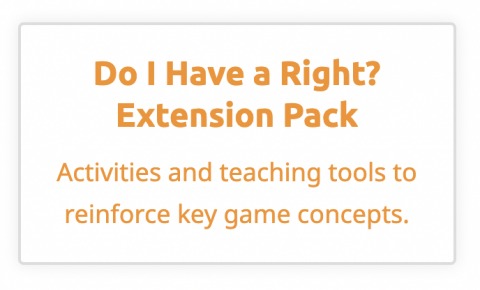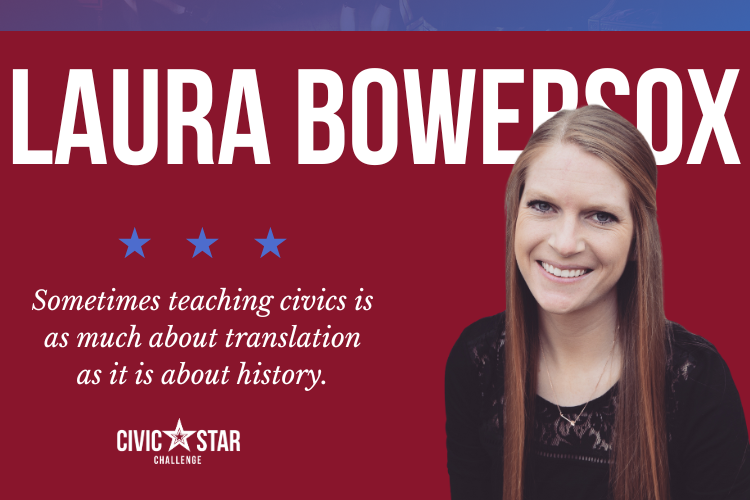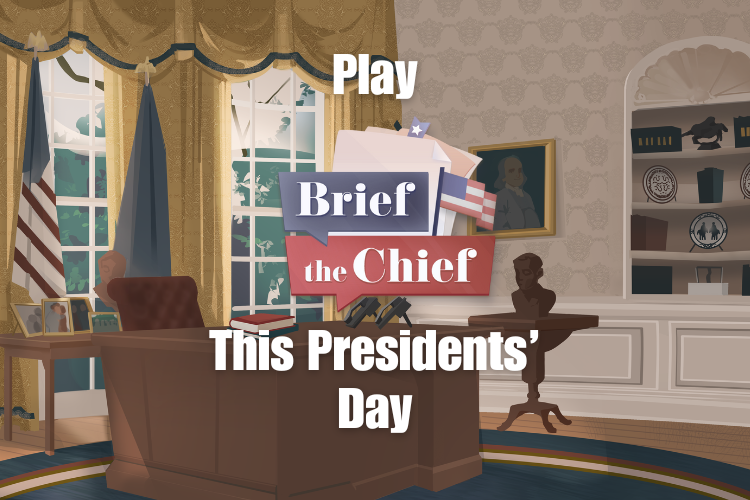In a recent blog post (Meet the iCivics Extension Pack), we talked about the iCivics “Game Sandwich.” As you bite into that dish, here are some ways to add a bit more flavor.
Customize Your Game Sandwich
✔️ The best part of the Game Sandwich is that you can pick and choose which activities and slides you’d like to use. It allows for flexibility, and the amount of time you spend is up to you. Activities progress from quick comprehension checks to open-ended activities where students are asked to dig deeper.
✔️ Introducing a large amount of content like the amendments in Do I Have A Right? or the responsibilities of the three branches in Branches of Power at one time can be overwhelming for some students. We recommend limiting the amount of slides from the Extension Pack that you teach in a single day. We also suggest having pairs ask and answer questions about the slides to get them talking.

✔️ For vocabulary building, provide students with a list of words to know and practice. You can use the Glossary of Game Terms from the Extension Packs.
✔️ ELL tip: Have students share terms that are relevant in their native language.
✔️ When teaching English and multilingual learners, it’s a good idea to address the four language domains: listening, speaking, reading and writing. The games provide listening and reading practice, and the Extension packs cover the other skills.
Do you want fries with that?
As a “side item”, we offer additional game-related resources. Most games have an illustrated guide (available as a downloadable PDF in English or Spanish). Each one has a different title, such as the Amendment Guide, (Do I Have A Right?), SCOTUS path (Argument Wars), Isley City Fact Sheet (Cast Your Vote), Classic Dept Guide (Counties Work). These guides can be used to:
✔️ Preview the game as an advance organizer
✔️ Introduce the content before playing so that students can become familiar with the main concepts. For example, the Amendment guide is a way to teach the amendments before playing and highlight the illustrations and color-coding in the game.

✔️ Review the game after playing.
Each game also has a Game Guide which is a PDF that explains how the game works and gives some useful tips for playing. This comes in handy when a student turns to you asking questions beyond the content. It gives you immediate boss-level insights.
Where can you find these resources?
You can find these game-specific guides by going to the game page (while logged into your teacher account) and clicking the “DOWNLOAD RESOURCES” button.

For more information about the Extension Packs and the “Game Sandwich,” check out this blog.
More tips & tricks:
Find more articles about how to best use iCivics resources below.
Using Games to Drive Student Engagement in a Remote Classroom
Adding My Voice to iCivics Material: Tips and Tricks for Making Online Learning Accessible and Engaging with Kami by Andrew Swan
iCivics in Dual Language Teaching: How to Utilize iCivics Resources to Engage English and Multilingual Learners by Verónica Schmidt-Gómez, MEd
Written by Kristen Chapron
Kristen Chapron is Senior Editor of Digital Learning and ELL at iCivics. As a leading “chef” for the iCivics “game sandwich,” Kristen has been serving up and guiding the direction of Extension Packs for more than four years.




